Land Rover has bucked the industry trend during the pandemic-induced shutdowns by launching two vital new models: the Land Rover Discovery Sport PHEV and Range Rover Evoque PHEV.
Available to order now, the plug-in hybrid variants are arguably as important as the new Defender in terms of sales, because they’re targeted at the lucrative fleet markets. With no electric Land Rover available yet, they will also have a huge impact on reducing the brand’s fleet average CO2 emissions, which must be done in order to avoid fines from the EU.
Designed and engineered entirely in-house, the SUVs are described by Land Rover PHEV vehicle engineering manager Chris Carey as featuring “all brand new tech” produced in a “huge engineering effort”.
Work on the powertrain began in 2016 and was done in parallel with the creation of the Premium Transverse Architecture (PTA), which made its debut last year in the new Evoque and heavily updated Discovery Sport.
Both PHEV models, dubbed P300e, combine a new 197bhp turbocharged three-cylinder 1.5-litre Ingenium petrol engine with an eight-speed automatic gearbox and a 107bhp electric motor mounted on the rear axle. That links to a Samsung-sourced 15kWh battery pack. The result is a combined system output of 296bhp, with total (rather than combined) torque quoted at 398lb ft.
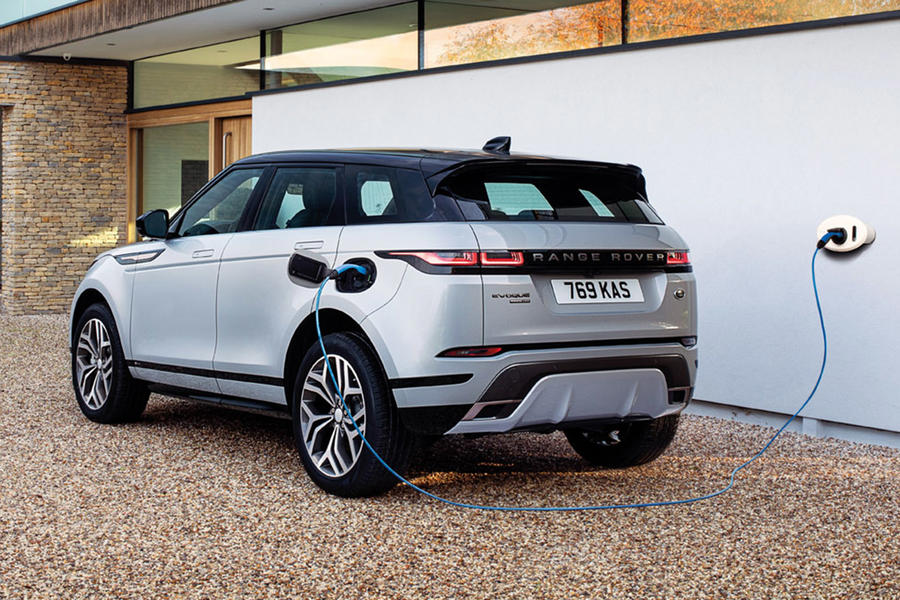
While the electric rear axle gives four-wheel drive, Land Rover claims class-leading range and efficiency figures.
The Evoque P300e emits 32g/km of CO2, is capable of up to 201.8mpg and achieves an electric-only range of up to 41 miles, all on WLTP test cycles.
The Discovery Sport, being larger (but not available in PHEV form with seven seats), officially emits 36g/km of CO2, while its economy falls to 175.5mpg and its electric-only range drops to 38 miles.

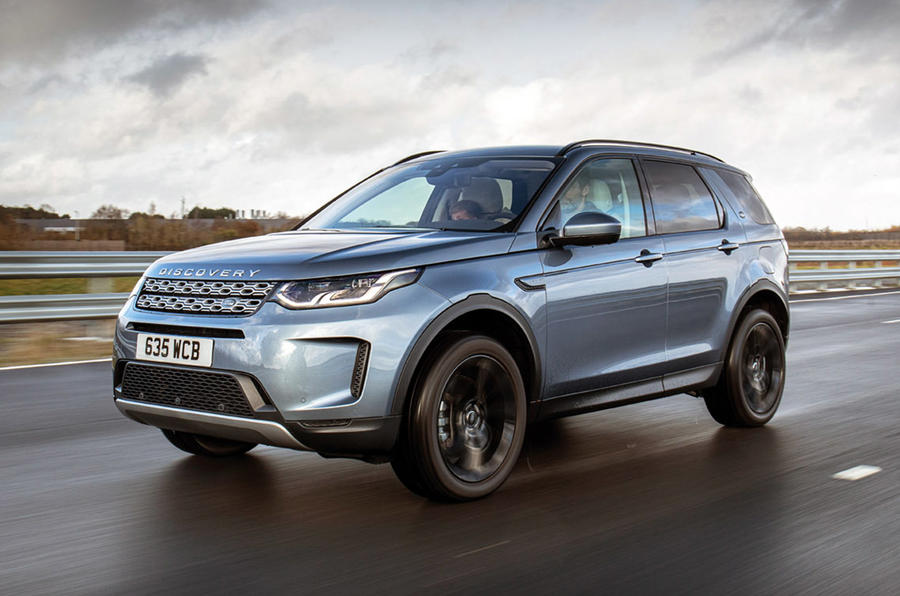
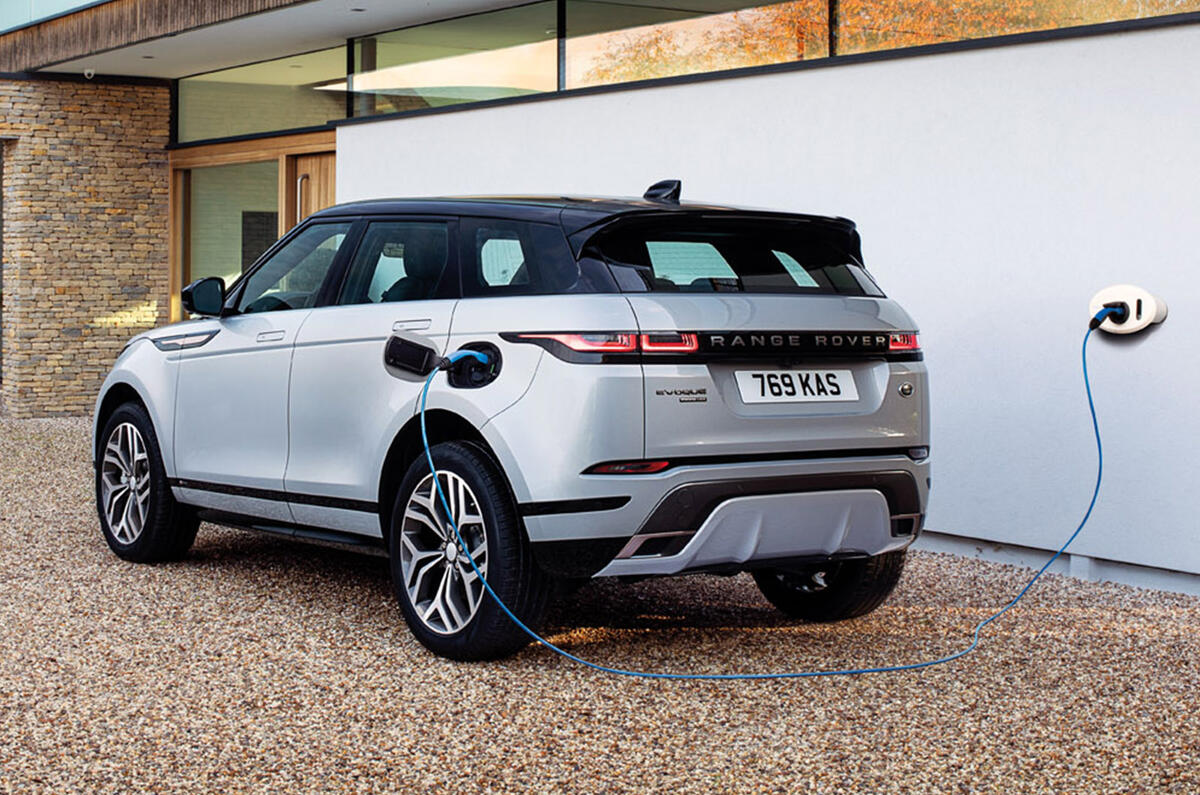
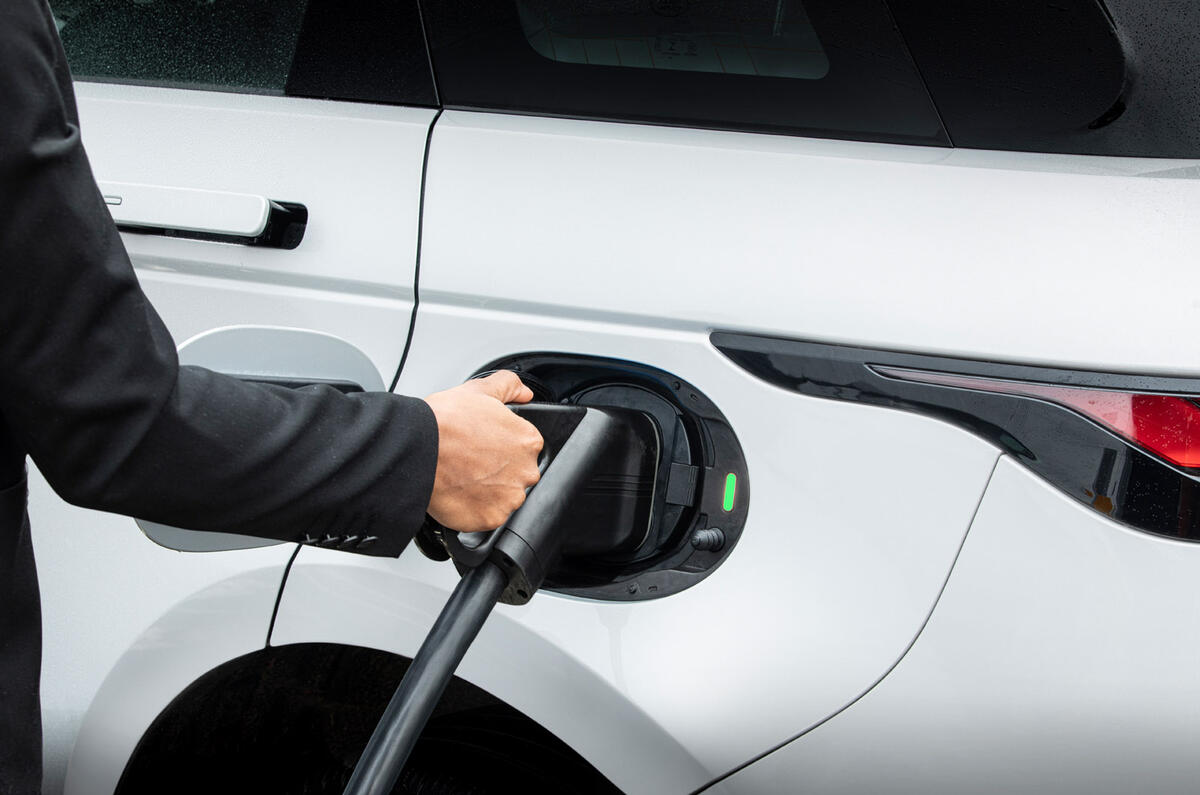
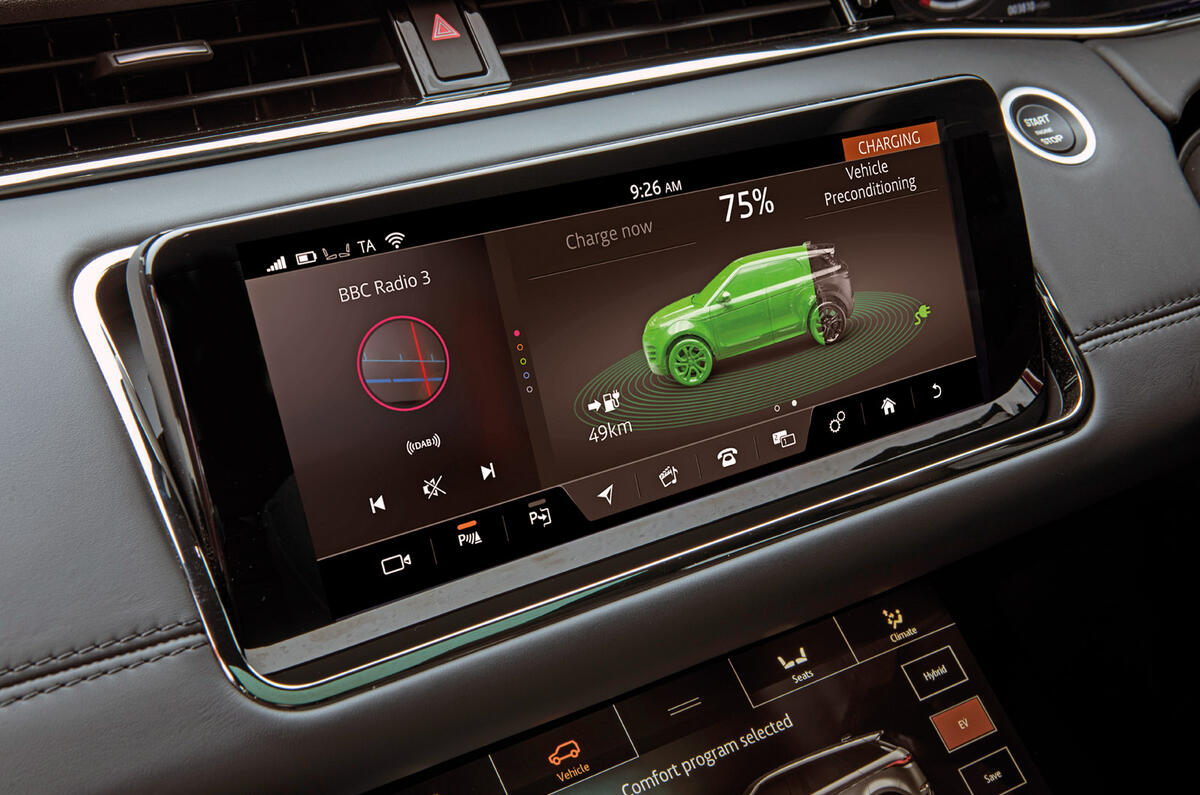











Join the debate
Add your comment
Sounds very similar
to the latest Volvo recharge PHEV model, in particular the XC40, which also uses a 1.5 litre 3 cylinder petrol engine and Aisin gearbox..
Citytiger wrote:
And similar to the BMW 225xe, 1.5L petrol with electric motors. Except BMW already had the powetrain on sale in 2015. The real question is why its taken LR so long to realise high CO2, heavy vehicle were inching towards the door and do something about it with these hybrids.
The TX taxi uses a similar
The TX taxi uses a similar Volvo engine, indeed I think it was out beforehand so probably gave Geely/Volvo some useful real life experience!
Not a bad effort, what they
Not a bad effort, what they really should do now is make this in (Euro 6d) 3 cylinder diesel form, would be even more efficient, particularly when regenerating the batteries itself.
What I cant understand though, is how the hell decoupling the rear axle has any effect at all on aerodynamic drag as the article says, someones writing b*ll*cks.
typos1 wrote:
I think the problem with diesels is they are not so good for constant stop/start as petrols which can do so much quicker and smoother.
This car will like any PHEV, once the battery is gone will still dump excess engine generated electrical power (and regenerative salvaged power) into the battery until there is suficient charge to switch off the engine and run a while on battery alone, nearly all hybrids run like this so the engine has to be able to cope with constant spells of stop/start, cooling down then running cool, warming up a bit, stopping again and so on. When you put your foot down whilst its in EV mode you need the engine to wake from possibly quite a while asleep and go to high power quickly to chip in its output current with the battery output.
It is possible though that said, Mercedes have done it with the GLE, used a 4cyl diesel, including a whopping battery for a 61 mile range.
This should be a seriously
This should be a seriously impressive PHEV, with a very good range and clever power-distribution. I recently used a new Discovery Sport for a week and it was considerably better than my quite-recent Japanese SUV. The refinement, ride & handling and drivetrain were on a whole better level of luxury -more so than I expected- and the economy for this 7-seater was still 40mpg in a 'mountainous' region. This DiscoSport PHEV will be my next company car, no question (assuming I survive CV..)